I was with a group of friends recently who have known each other for years . . . ok, decades. Well, let’s just admit it all up front. We are a bunch of old codgers.
We have lived a lot of life together, seen our children grow and marry and have their own children. We’ve seen heartache and laughter. And we’ve stayed well connected.
Our age and stage of life came into sharp focus when Cooper, the twenty-something grandson of someone in our group, joined us for a get together. He had a sharp and active mind with an engaging personality. He listened a lot and then eventually began asking some incisive questions.
We were talking about the problem of fake news. Several voiced outrage at the challenges of discerning what was accurate and what wasn’t as well as at the ethics of those who intentionally put out twisted information.
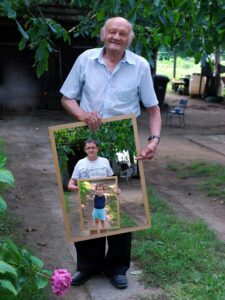 Then Cooper said, “Can I ask a question? Do you feel you are entitled to the truth?”
Then Cooper said, “Can I ask a question? Do you feel you are entitled to the truth?”
Without hesitation everyone chimed in, “Yes.” “Of course.” “Certainly.”
“That’s interesting,” he responded. “Because I don’t think my generation believes that we are. This world of uncertainty is just the hand we have been dealt. Not being sure of what is true and of what isn’t is simply the way things are.”
The irony of Cooper using entitled did not escape me. We were now being gently labeled with a word that we had probably all used to malign people of his age.
I was also struck by the chasm between our generation and Cooper’s. Yes, it made me feel very old. But I appreciated the clarity that Cooper gave to our differences and the added challenges our children and their children have in the world.
My first reaction, nonetheless, when Cooper finished, was to blurt out, “Thank you, Cooper, for pointing out that we are all conservative here.”
Though we were a group of people with mixed political and religious ideas, at this one central point we were all united. We thought that Truth existed, that it was possible to find it, and that we deserved to know what it was. This is a very traditional, very conservative idea. It goes back millennia and permeates a wide variety of ancient cultures. And we all believed it, whether liberal or not.
I was encouraged that we held this important belief in common. Searching together for the truth was not a hopeless endeavor. It was worth us all pursuing.
—
Image by Hajnalka Mahler from Pixabay

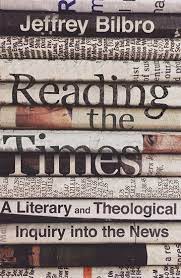
 In this way Bilbro offers more ways forward than Postman. “Instead of allowing the news to create our communities, Christians should seek to help their communities create the news.” This can begin with the simple act of walking our neighborhoods rather than isolating ourselves in cars or behind screens. On another level we can, for example, pursue redemptive publishing by reading, he suggests, things like Civil Eats, American Conservative, The Atlantic, Commonweal, Hedgehog Review and more.
In this way Bilbro offers more ways forward than Postman. “Instead of allowing the news to create our communities, Christians should seek to help their communities create the news.” This can begin with the simple act of walking our neighborhoods rather than isolating ourselves in cars or behind screens. On another level we can, for example, pursue redemptive publishing by reading, he suggests, things like Civil Eats, American Conservative, The Atlantic, Commonweal, Hedgehog Review and more.
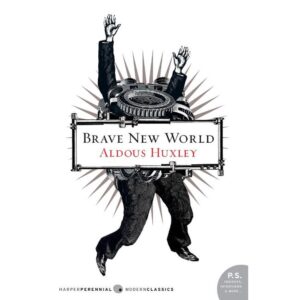
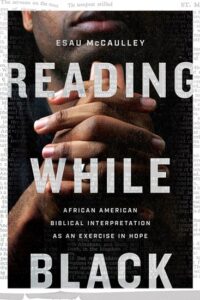
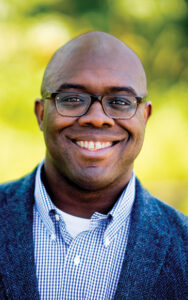
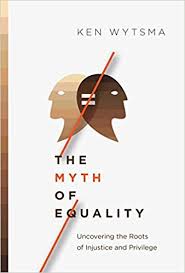
 Does all this have anything to do with the gospel? Wytsma quotes Timothy Keller: “Any neglect shown to the needs of the members of the vulnerable is not called merely a lack of mercy or charity, but a violation of justice.” Biblical justice is not just punishing evil doers but restoring what was bent or broken. The cross doesn’t just allow sins to be forgiven but restores relationships. It reconciles us to God and us to each other.
Does all this have anything to do with the gospel? Wytsma quotes Timothy Keller: “Any neglect shown to the needs of the members of the vulnerable is not called merely a lack of mercy or charity, but a violation of justice.” Biblical justice is not just punishing evil doers but restoring what was bent or broken. The cross doesn’t just allow sins to be forgiven but restores relationships. It reconciles us to God and us to each other.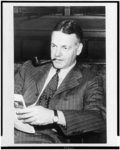 But, Hutchins asks, how can we know these three make a valid foundation? Because, he says, this basis for democracy is moral. “Its end is the good for man. Only democracy has this basis. Only democracy has this end. If we do not believe in this basis or this end, we do not believe in democracy. These are the principles which we must defend if we are to defend democracy.”
But, Hutchins asks, how can we know these three make a valid foundation? Because, he says, this basis for democracy is moral. “Its end is the good for man. Only democracy has this basis. Only democracy has this end. If we do not believe in this basis or this end, we do not believe in democracy. These are the principles which we must defend if we are to defend democracy.”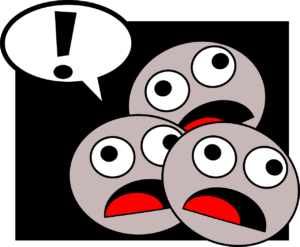 What can we do in the face of all this? This is a huge question which requires a multifaceted response. Allow me, however, to mention just one simple step we can all take.
What can we do in the face of all this? This is a huge question which requires a multifaceted response. Allow me, however, to mention just one simple step we can all take.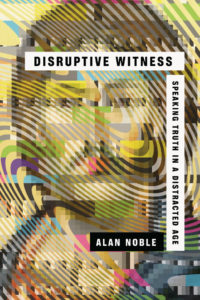
 The second part of the book looks at practices we can engage in to break or disrupt these forces—personally, as a church, and as we interact with culture. These are not suggestions for evangelism as we might typically think of them. They are more like spiritual disciplines to reorient our own lives before (or as) we engage with those outside God’s family. I could wish for more here, but Noble gives us a necessary beginning.
The second part of the book looks at practices we can engage in to break or disrupt these forces—personally, as a church, and as we interact with culture. These are not suggestions for evangelism as we might typically think of them. They are more like spiritual disciplines to reorient our own lives before (or as) we engage with those outside God’s family. I could wish for more here, but Noble gives us a necessary beginning.